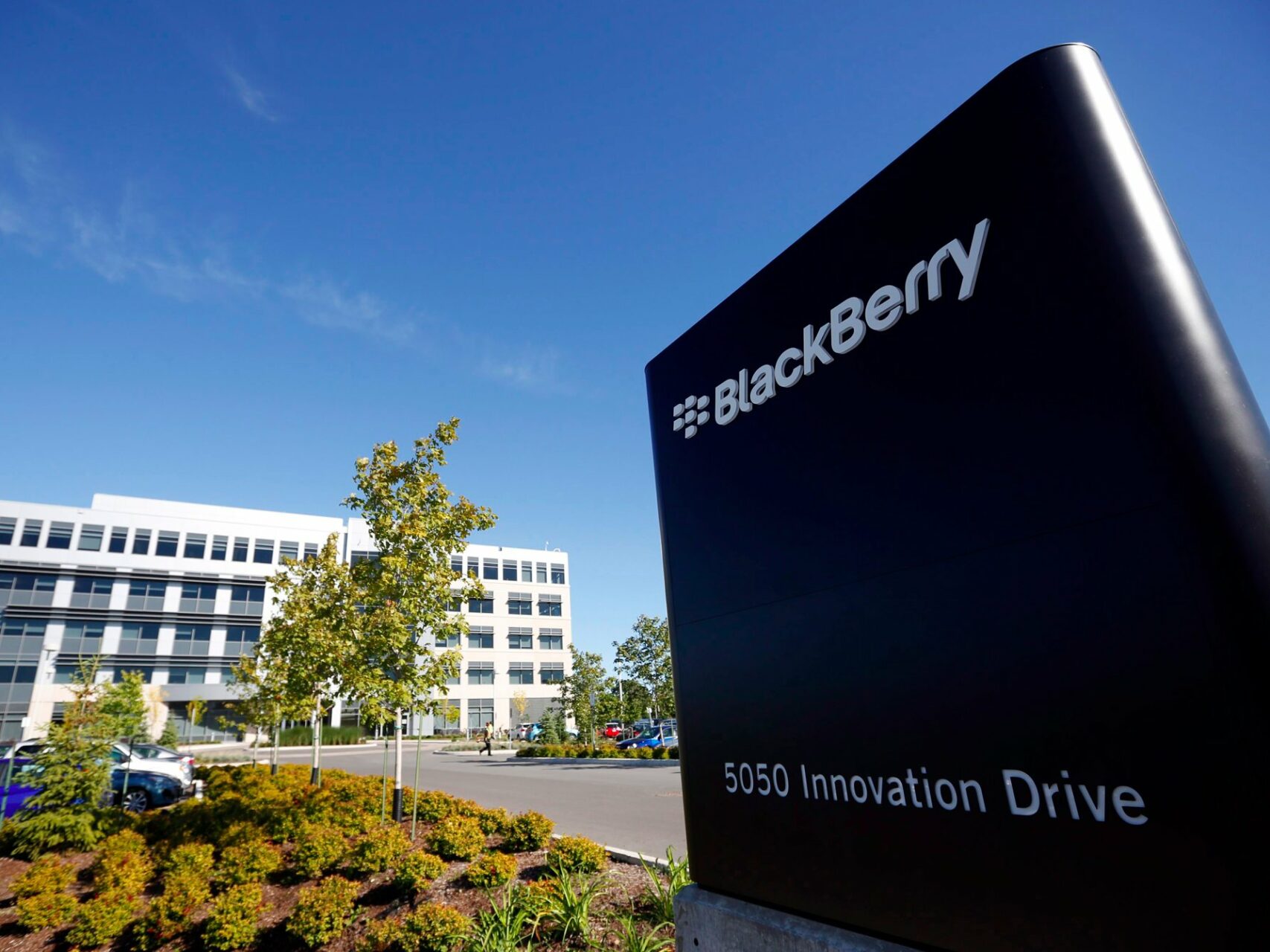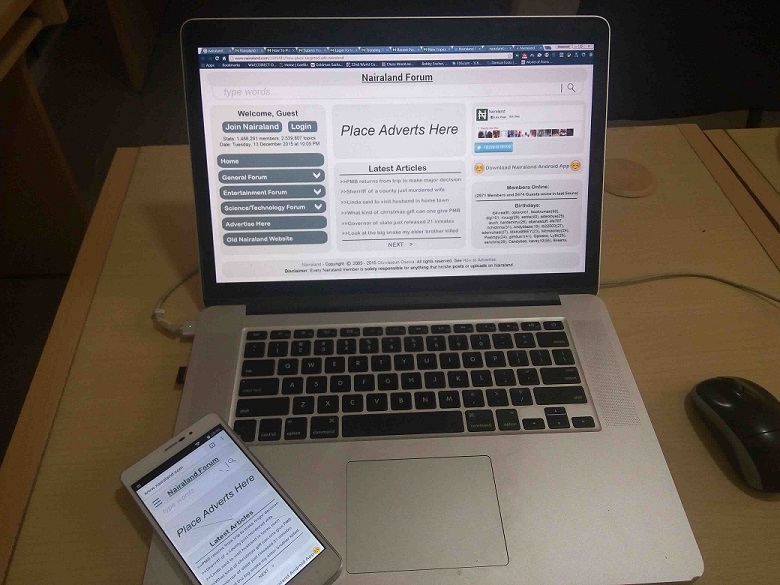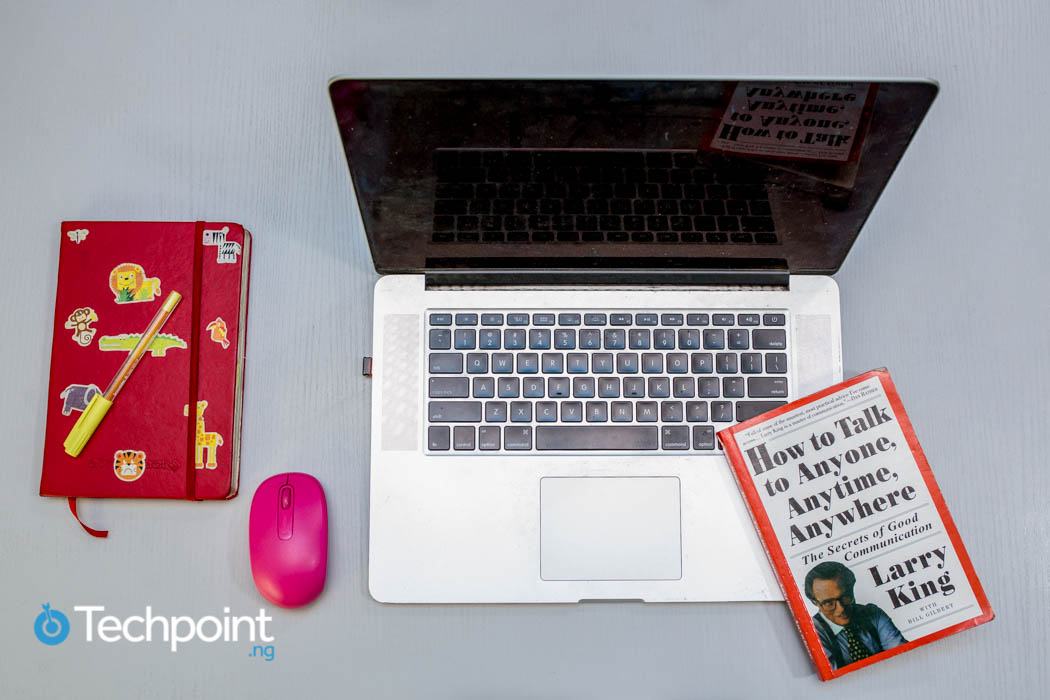The ongoing transformation of the Nigerian retail landscape is giving rise to entirely new consumer behaviours. The act of shopping has become a form of entertainment. This is happening both in the real world as well as online.
Sprouting mega-malls are offering a whole new way to spend the day in the comfort of air-conditioning, browsing the latest offerings on display or window shopping. And the plethora of eCommerce sites offering cash on delivery means you can experiment with ordering new products to try in the comfort of your own home or the convenience of your office without making the commitment to purchase. Retail therapy has evolved from the bored housewife's pastime to entertainment for the entire family. The very same headaches that increasing popularity is creating for eCommerce sites are but a clear signal of this consumer trend.
Shopping in Lagos, until recently, meant the traditional open-air markets of Lekki for groceries or the Computer Village for the latest consumer gadgets. Every step of this journey was a hassle in its own right. Hours spent in traffic. Haggling with the area boys over parking. Navigating your way through mud and garbage while keeping a close watch on your purse. Making sure you had enough cash available on hand. Vending your way through the crowd to pick out each item on your grocery list. Negotiating with the porter, while hoping they were trustworthy enough to follow you back to your car. Each of these steps taken together made for a harrowing customer journey.
When the malls arrived with all the convenience of being able to choose hundreds of products under one roof, they kickstarted this evolution in consumer behaviour as a parallel development to the much touted retail revolution taking place in Nigeria. The mall promises modern facilities such as public toilets, lifts, large parking spaces and, as an enclosed structure, is fully air-conditioned for climate control. Sounds like heaven compared to the vast, chaotic sprawl of the informal open-air market, doesn't it? Consumers think so too:
“I can’t take my baby to shop in the market, with all the traffic, people and noise,” said Zaynab Salami, 32, who works for the National Blood Transfusion Service and was pushing her trolley with her 10-month-old son sitting inside. “But I can here.”
But its not just the physical locations that are offering a low cost way to spend the day with friends or family. The rapidly growing eCommerce sector is enabling an entirely new entertainment experience with its most favoured business model. Cash on delivery (and free delivery?) means that bored surfers can experience the pleasure of browsing catalogs, selecting items, ordering them only to change their mind at the delivery stage, or worse, requesting numerous changes in colour and size. As neither the market woman with her table top at the local open air market nor the supermarkets are going to let you get away with shopping without any cash in your pocket, the e-tail experience is unique in its opportunity to experience all the best parts of shopping without necessarily feeling the pinch.
The Atlantic magazine had a report earlier this year on research that showed the brain's pleasure centres lit up on seeing a desirable object for sale. The more the person wanted the item, the more activity the fMRI detected. Yet where it gets interesting is when the research subject was shown the price of the item. From the article:
The researchers then showed the subject the item’s price. The medial prefrontal cortex weighed the decision, as the insula, which processes pain, reacted to the cost. Deciding whether to buy put the brain, as the study put it, in a “hedonic competition between the immediate pleasure of acquisition and an equally immediate pain of paying.” The mindset is in line with evidence that shows happiness in shopping comes from the pursuit of goods—from the sensation of wanting something.
While pleasure kicks in just from the act of looking, there’s also pleasure in purchasing, or more specifically, in getting a bargain. The medial prefrontal cortex is the part of the brain that does what’s essentially cost-benefit analysis. “It seemed to be responsive not necessarily to price alone, or how much I like it, but that comparison of the two: how much I like it compared to what you charge me for it,” says Scott Rick, one of the study’s authors, now an assistant professor of marketing at the University of Michigan.
The implications for the Nigerian retail revolutionaries are quite serious, if they're to recoup their returns on investment. The retail infrastructure is not yet developed to the same cost effective level as that in more established consumer cultures of the developed world's markets, such as in the high street locations in the UK or downtown New York. Footfalls in the mall must translate into revenue. And clicks can't justify the cost of returns. The timing is just right for the retail and e-tail industry to consider how to turn this first world trend of "shopping as entertainment" to their advantage. As Nigeria's connected consumers leapfrog their own developing world market's limitations to experience the pleasures of first world entertainment, their fast changing habits might just become their own barrier to satisfaction.

Be the smartest in the room
Give it a try, you can unsubscribe anytime. Privacy Policy.
Photo Credit: laverrue via Compfight cc




















